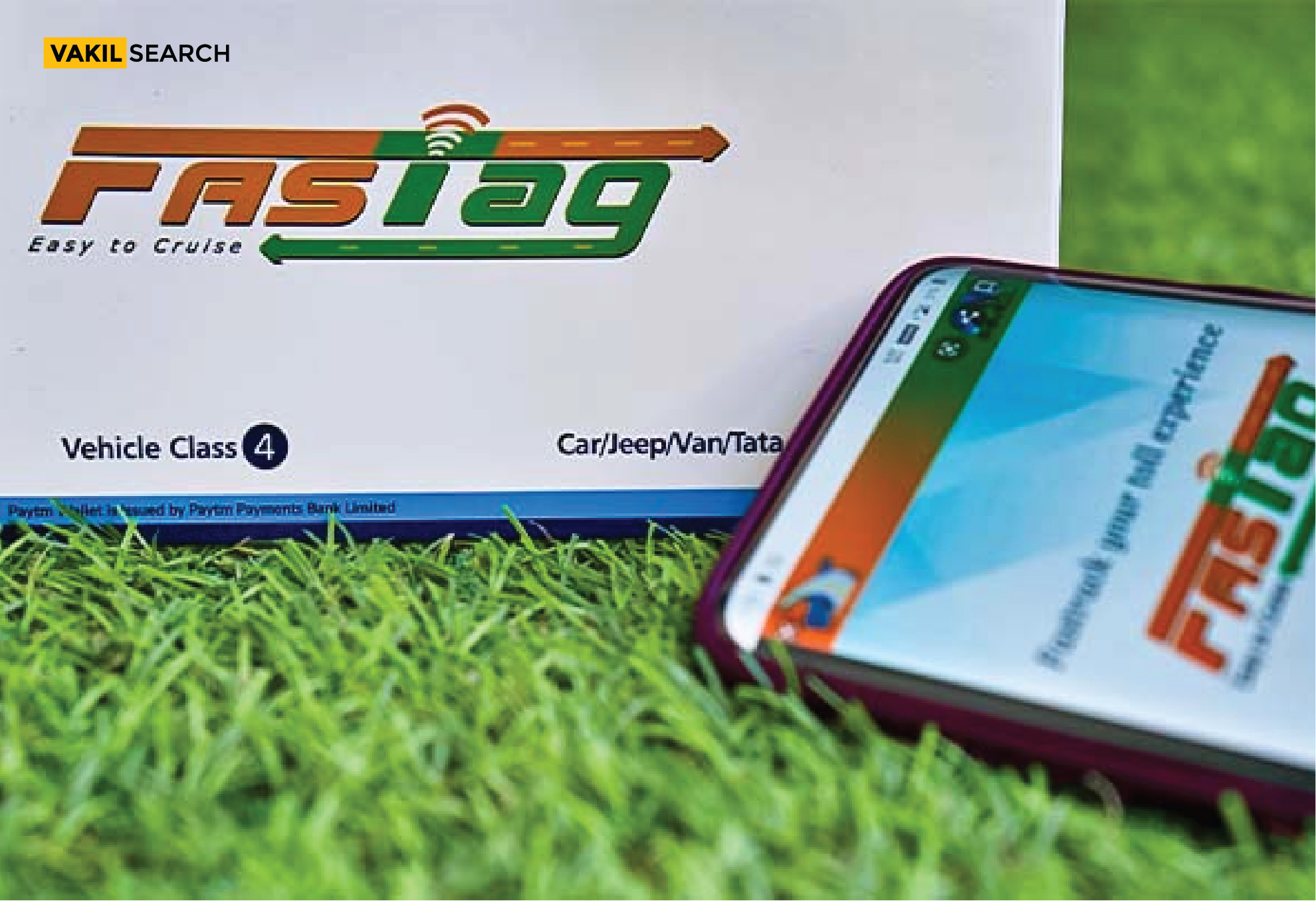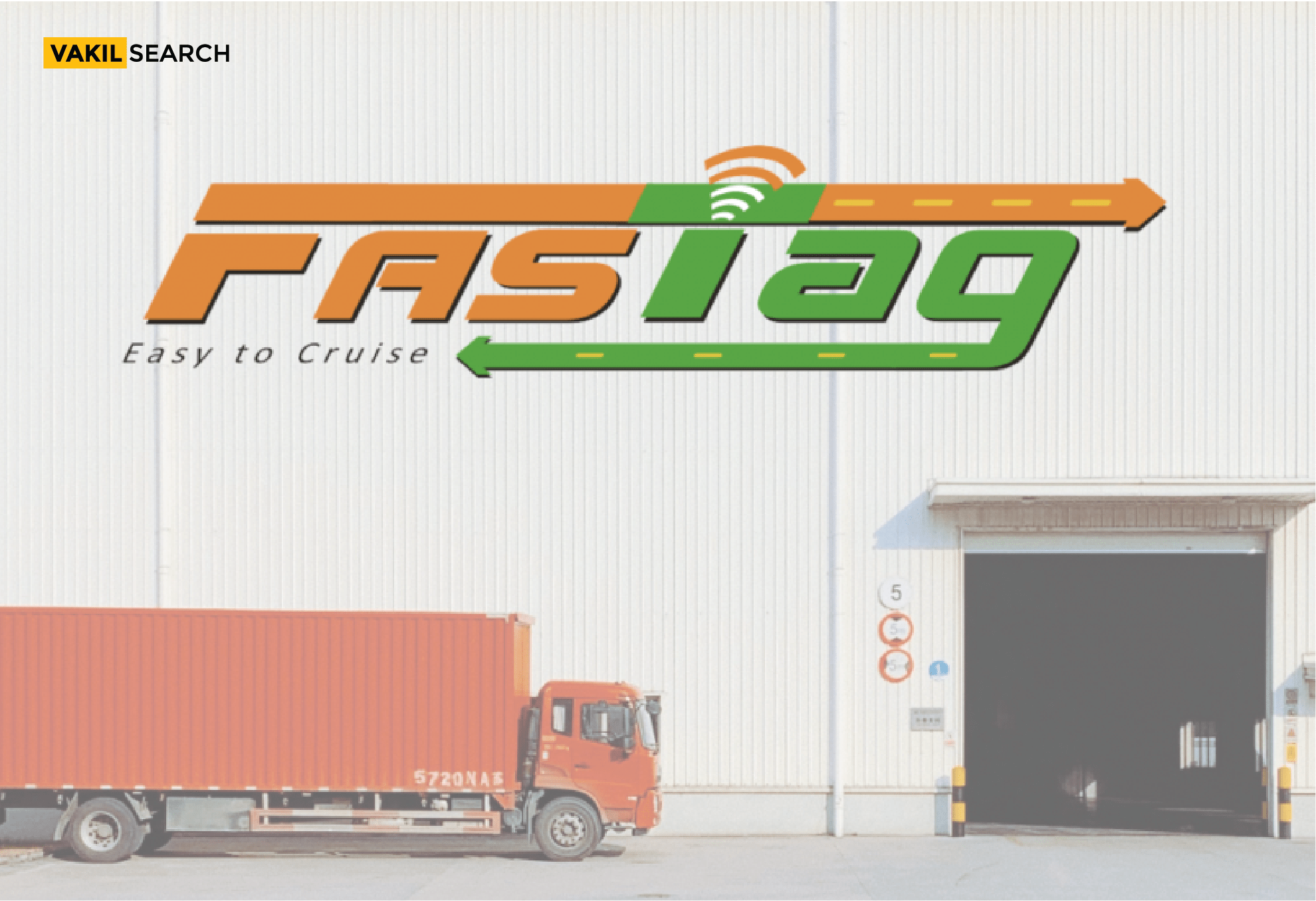NPCI’s new FASTag validation rules mandate timely recharges to prevent penalties. Inactive or underfunded tags will be declined, with double toll fees charged for violations. Forgetting to recharge your FASTag or failing to resolve account-related issues could now lead to significant penalties. With the National Payments Corporation of India (NPCI) implementing stricter validation rules effective 17 February 2025 FASTag users must adhere to these new guidelines to prevent disruptions at toll plazas.
Key Changes in FASTag Validation Rules
In a circular issued on 28 January, NPCI introduced new time-bound conditions for FASTag transactions, ensuring smoother toll operations while discouraging last-minute recharges and inactive accounts. The two critical conditions set forth by NPCI are:
- 60 minutes before the toll scan: If a FASTag has been blacklisted, hotlisted, or flagged as having an insufficient balance for more than an hour before reaching the toll plaza, the transaction will be automatically declined.
- 10 minutes after the toll scan: If a FASTag remains inactive, blacklisted, or does not have sufficient funds within 10 minutes after being scanned at the toll plaza, the transaction will also be rejected.
Should both conditions be met, the system will generate an error code 176, leading to the automatic deduction of double the toll fee as a penalty. These measures aim to ensure that only valid, active FASTag accounts are processed for toll payments, reducing transaction failures and disputes at toll booths.

How These Changes Impact FASTag Users
Under the revised system, FASTag accounts fall into two broad categories:
- Whitelisted (Active) – FASTags that have sufficient balance and are verified with updated KYC details.
- Blacklisted (Inactive) – FASTags that may be blocked due to the following reasons:
- Insufficient balance
- Pending KYC verification
- Mismatch or discrepancies in vehicle registration details
The biggest challenge for users under the new system is that last-minute recharges may not always prevent transaction failures. If a FASTag has been blacklisted for over 60 minutes before arriving at the toll plaza, even a top-up at the last moment will not restore its functionality immediately. However, if a recharge is made within the 10-minute post-scan window, the transaction may still be processed for the standard toll fee, thereby preventing the penalty.
Expert Opinions on the New Rules
Legal and financial experts have weighed in on the importance of proactive account management under the new FASTag guidelines. One legal expert emphasized that the “70-minute grace period,” which accounts for both pre- and post-scan windows, has been introduced to reduce inconvenience for users while maintaining efficiency at toll booths. However, they also warned that users who are unaware of these changes could face unexpected fines and disruptions during their travels.
Another industry expert highlighted that maintaining an adequate balance in FASTag wallets and updating KYC details regularly is crucial to avoiding transaction failures. While these updated validation rules enhance security and curb fraudulent transactions, they also place a greater responsibility on users to manage their accounts diligently. Consumers unfamiliar with these changes may find themselves at risk of penalties if they do not stay informed.
Steps FASTag Users Should Take to Avoid Penalties
To ensure seamless toll transactions and avoid unnecessary fines, FASTag users should follow these best practices:
- Maintain a sufficient balance in FASTag wallets before embarking on long journeys. Setting up an automatic recharge system can help prevent sudden blacklisting due to low funds.
- Regularly update KYC details to comply with NPCI guidelines. A failure to do so can lead to blacklisting and transaction failures at toll plazas.
- Check FASTag account status before travel to ensure there are no pending issues that might prevent successful toll payments.
- Enable automatic top-ups, if available, through the NETC FASTag and RuPay NCMC feature. This will help prevent situations where insufficient funds lead to blacklisting.

Why These Changes Matter
Experts believe that these changes represent a significant step toward streamlining toll operations in India. The new validation rules are expected to:
- Reduce transaction failures, leading to fewer traffic jams at toll plazas.
- Encourage responsible FASTag account management, ensuring that users proactively maintain their accounts.
- Minimise disputes and fraudulent transactions, improving transparency in toll payments.
A legal expert noted, “This system is designed to ensure that toll payments happen smoothly without unnecessary disputes or delays. By enforcing strict validation rules, NPCI is encouraging users to stay on top of their FASTag management, which ultimately benefits all stakeholders in the toll collection system.“
Conclusion
These revised rules taking effect from 17 February, FASTag users must be more vigilant about managing their accounts to avoid penalties. Being proactive in maintaining an adequate balance, ensuring proper KYC documentation, and checking account status before travel will help prevent disruptions. These new measures not only improve system integrity but also create a more seamless toll experience for commuters across India. By staying informed and adopting best practices, FASTag users can navigate these changes efficiently while avoiding fines and delays at toll plazas. If you have any queries get in touch with our legal experts at Vakilsearch for more clarity
- Finance Bill 2025 Discussion: Raghav Chadha Highlights the Heavy Tax Burden on Citizens - March 28, 2025
- Government Plans to Abolish 6% Equalisation Levy on Online Ads - March 25, 2025
- Trump World Center: First Trump-BrandedProject in Pune – India - March 20, 2025

